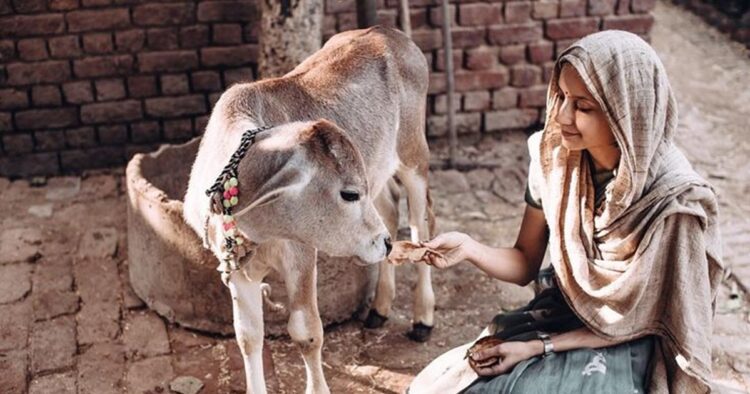Vasu Baras is a day dedicated to worshipping cows and calves, symbolizing gratitude toward these sacred animals that are so deeply woven into the culture and traditions of the Hindu faith. Vasu Baras is celebrated on Monday, marking the Dwadashi Tithi of Krishna Paksha in the Hindu faith. This year, Vasu Baras is celebrated on Monday, marking the Dwadashi Tithi of Krishna Paksha in the Hindu month of Kartik.
Vasu Baras is derived from the words ‘Vasu’, meaning wealth and ‘Baras’, denoting the twelfth day of Krishna Paksha. This day carries significance as it highlights the interdependence between humans and nature, particularly the role of cows, regarded s symbols of wealth, sustenance and nurturing.
For Hindus, cows represent abundance and prosperity and they are often referred to as ‘Gau Mata’ or Mother cow, embodying the selfless qualities of nurturing for others. Celebrated as Govatsa Dwadashi in North India, this day has similar rituals but bears a distinct regional touch. Both Vasu Baras and Govatsa Dwadashi involve honoring cows and abstaining from milk and wheat products. Devotees across North India, Gujarat, and northern regions come together to express their gratitude and reverence by feeding, decorating and worshippin cows.
On this day, devotees wake up early to start the ceremonial preparations. Those who keep cows decorate them using turmeric and apply a kumkum tilak on their foreheads, a gesture signifying respect and affection.
Cows are fed traditional food offerings, including wheat-based items and chapatis mixed with jaggery, which symbolize nourishment and sweetness. Women across households fast, seeking blessings for health, prosperity and the welfare of the family, and they make a sankalp to protect and care for cows.
These rituals have a deeply rooted meaning, with devotees believing that honouring cows with a pure heart is akin to receiving blessings form Lord Krishna, who cherished cows and is often depicted in the company of cattle. Worshipping cows on Vasu Baras is considered one of the simplest ways to gain divine favor, particularly from Krishna, who represents compassion and devotion.

















Comments